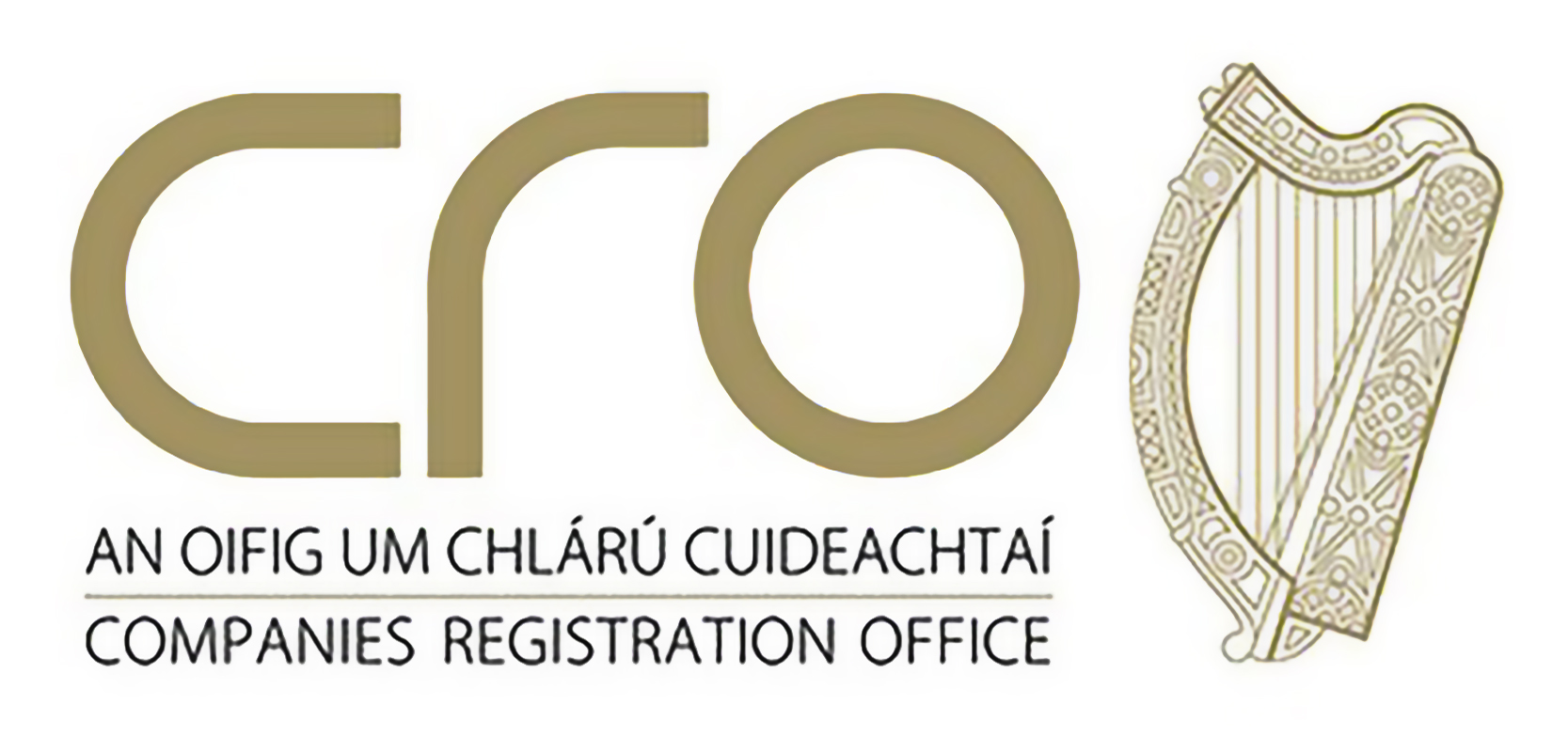The Sheriff (Revenue) offices – Their role and record keeping in a conveyancing context.
The origins of the State’s various Sheriff’s Offices predate Irish independence. Deriving from English legal antiquity, these sheriff’s functions include the enforcement of court judgments. Presently, trade creditors and individuals can obtain judgments and use sheriffs (Cork & Dublin) or County Registrars (All other counties) to enforce payment.
Nevertheless, when it comes to debts owed to the Irish State, all taxes, interest, and duties are collected through the Office of the Revenue Commissioners. These Revenue Commissioners can, in turn, delegate their Sheriff’s authority to their own appointees. These sixteen delegees which are spread across the country are known as Revenue Sheriffs.
These Sheriffs (Revenue) are appointed as officers of the court (Section 12, Court Officers Act, 1945), and are authorised (Section 960L, Taxes Consolidation Act 1997) to carry out the enforcement of certificates by the State (Section 485, Income Tax Act, 1967, or any amending Acts), and most noteworthily can do so without the need for judgment being given against the taxpayer.
As part of their duties, the sheriff (Revenue) offices manage a record of enforcement certificates submitted to their respective divisions for execution against goods and chattels. It is on these registers that Sheriff (Revenue) searches are carried out.
What are the reasons that necessitate the purchasing solicitor/conveyancer to conduct searches in the Sheriff (Revenue) registers while investigating title for a property/right/interest purchase?
As a matter of course, generally Revenue will first obtain a Court judgment (stemming from the High Court, Circuit Courts and District Courts) against a recalcitrant taxpayer. Subsequently a warrant to enforce judgment may be lodged with the Sheriff (Revenue) against whose registers are recorded all such executable judgments.
A Revenue Judgment remains valid for 12 years, during which time the Revenue is empowered to execute the Judgment through various means, such as a Judgment Mortgage, Forced Sale, Instalment and Committal Orders, Bankruptcy for Individuals, Liquidation of Companies, Mareva Injunctions, Garnishee Orders, and/or Receiver by way of Equitable Execution.
For purchasing solicitors/conveyancers, a corresponding entry found in the sheriff (Revenue) register can serve as a warning sign of potential conversion of a judgment into a judgment mortgage against the property being sold. This could result in the property being sold only under court supervision, causing inconvenience.
Moreover, such an entry may indicate the possibility of other hindrances, like the seller facing bankruptcy or company insolvency in the future, leading to consequent impacts on the transaction.
What and how should purchasing solicitors/conveyancers conduct searches on the Sheriff (Revenue) registers? The following aspects need to be taken into account:
Purchasing solicitors/ conveyancers needs to consider the following:
Seller Names: In practice, a search on the Sheriff (Revenue) register is usually performed using the names of the individuals (and/or entities) selling the property/right/interest, along with the exact address of the property being sold.
Purchasers Names: Furthermore, when the solicitor gives an assurance to protect the lender’s interest in cases involving a mortgage, searches may also be conducted using the names of the persons or entities purchasing the property/right/interest. However, these searches are limited to their own address and not the sale premises since they do not have a beneficial interest in the sale property before its purchase.
What will the Sheriff (Revenue) register search show me?
In the High Court, such judgments are termed ‘orders of fieri facias or fifa’. In the Circuit Court, they are referred to as ‘execution orders against goods’, while in the District Court, they are known as ‘Court’s judgments or decrees sent to the Sheriff or County Registrar to enforce’.
The Revenue Sheriff certificates will reveal any existing executable orders that are still unsatisfied and have an impact on individuals and/or legal entities associated with the specified property.
Opt for a reliable Law Search provider
Given the significant consequences outlined above, resulting from either neglecting to conduct a search or, worse, conducting an inadequate or erroneous Sheriff (Revenue) search, it becomes crucial for purchasing solicitors/conveyancers to choose a reputable law search provider like Ellis & Ellis.
Our services boast a seamless and user-friendly ordering platform at www.ellis.ie, backed by more than 130 years of professional expertise, ensuring a superior searching experience for our clients.
Ellis & Ellis also offer added peace of mind through Professional Indemnity Cover of €10 million.
Why not join the multitude of users who rely on Ellis & Ellis to gain a competitive edge?
If you found the above information of interest, why not explore one of our other Ellis & Ellis explainers for related searches below:









